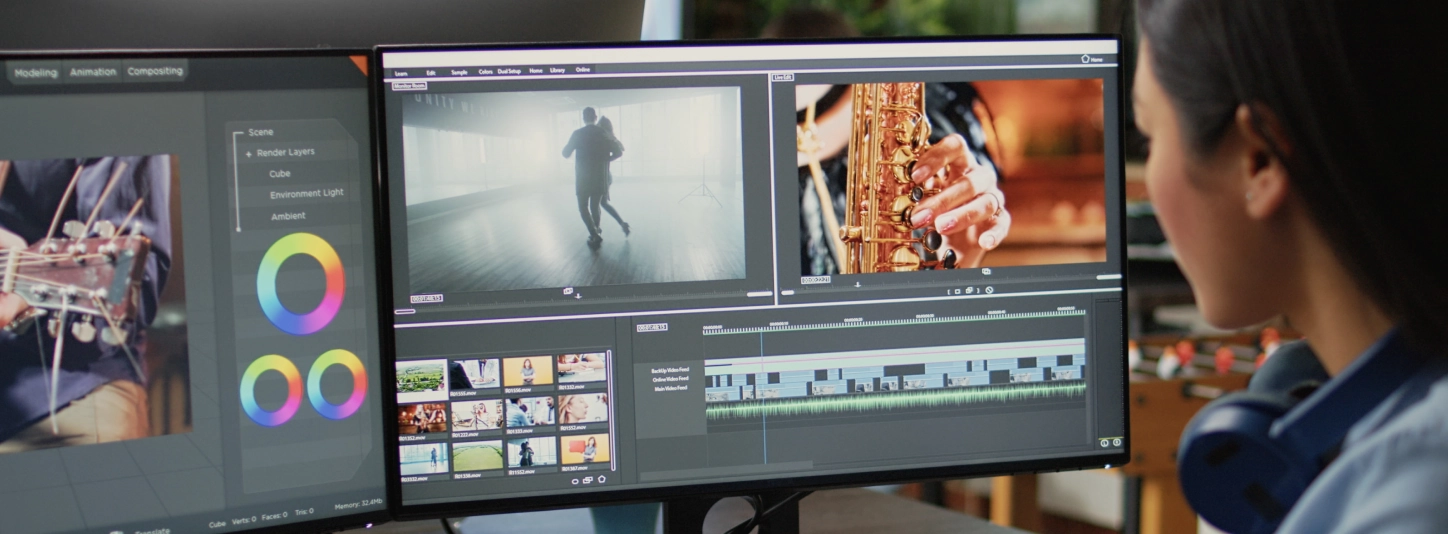webinar
What businesses can learn from creator-led brands
Join us for a conversion on what brands can learn from creator-led businesses.
Fresh insights, tutorials and strategies to help you make more video.
Join us for a conversion on what brands can learn from creator-led businesses.
Get creative inspiration, learn new subjects, and expand your skill set.


Watch live or on-demand webinars featuring industry experts from Google, Hubspot, and more, teaching you how to level-up your skillset.
View more